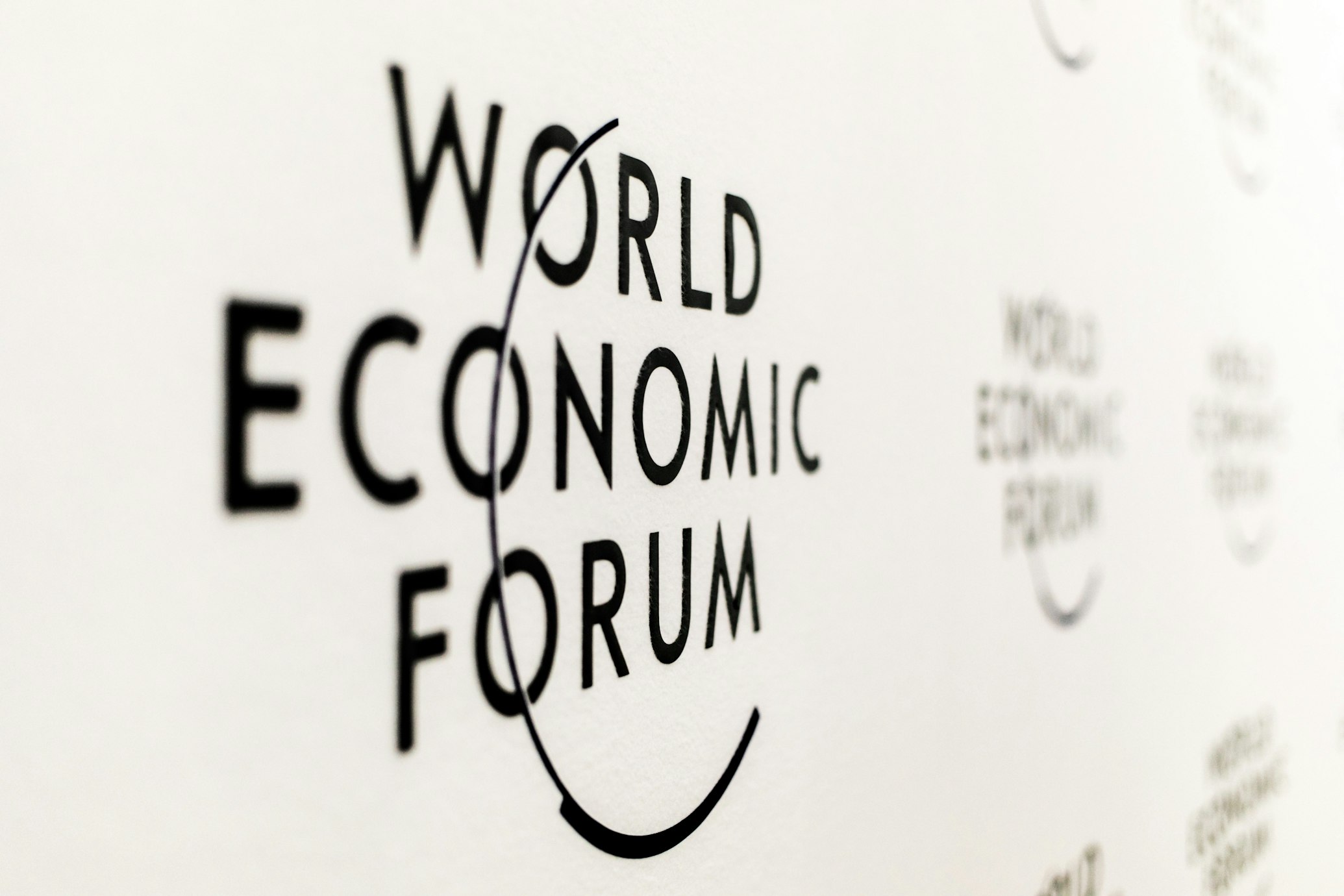WEF outlines 23 transformative tech combinations across eight domains

The World Economic Forum (WEF) released a report outlining how combinations of emerging technologies are transforming industries. Business leaders can use this report to inform investment strategies and ecosystem positioning, while policymakers can use it to understand technology intersections.
Developed with Capgemini, the Technology Convergence Report introduces the 3C Framework—combination, convergence, and compounding—designed to help decision-makers identify emerging technology intersections that can lead to new business models.
Jeremy Jurgens, Managing Director at the World Economic Forum, stated, “Rapid advances across multiple technology domains are creating an undeniable shift in industries. The Technology Convergence report gives leaders a clear model to harness what is coming next.”
The report considers technological maturity and deployment context to identify 23 high-potential combinations from over 230 subcomponents across eight domains. These domains include artificial intelligence, omni computing, engineering biology, spatial intelligence, robotics, advanced materials, next-generation energy, and quantum technologies.
The report emphasizes AI as a key enabler for commercially viable synergies, even as it focuses on the impact of technology combinations rather than individual breakthroughs. The report highlights several combinations demonstrating transformative potential across sectors:
- Cognitive robotics: Agentic AI, spatial intelligence, and robotic advancements are enabling autonomous systems to make intelligent decisions in complex environments, which drives progress in automotive and smart manufacturing.
- Digital twin ecosystems: Advances in sensor networks and AI simulation systems are enhancing digital twins, enabling more integrated, end-to-end impact, and expanding their efficiency and applicability across sectors from aerospace to healthcare.
- Hybrid quantum-classical computing: Combining quantum capabilities with classical systems is unlocking quantum’s potential in finance, molecular simulation, and complex optimization.
- Materials informatics: Predictive modelling and transformers are accelerating R&D in advanced materials by enabling virtual testing before synthesis, driving efficient development cycles in manufacturing and chemicals.
Aiman Ezzat, Chief Executive Officer of Capgemini, noted, “The question is not about whether technology convergence will reshape industries. That journey has already begun. The real challenge is how companies can position themselves to be champions of convergence.”
The report advocates for a systems-thinking approach, investments across tech maturity stages, value chain repositioning, and ecosystem readiness. It incorporates insights from the World Economic Forum’s Technology Convergence Community, which includes subject matter experts from business, academia, civil society, and the public sector, along with case studies. The report also draws on Capgemini’s global survey of 2,000 senior executives across 18 countries, 10 industries, and five continents.
The World Economic Forum’s Technology Convergence Initiative aims to map and connect the emerging technology landscape, including AI, quantum computing, biotechnology, spatial computing, and robotics, to support the development of actionable insights and tools. These insights are intended to help technologists, policymakers, economists, and business leaders design systems and scale solutions for societal value.
